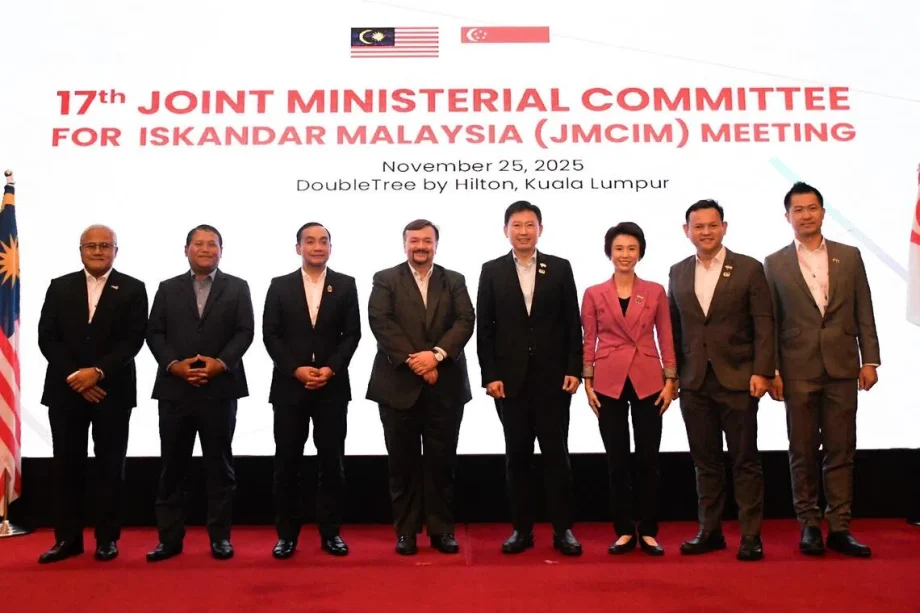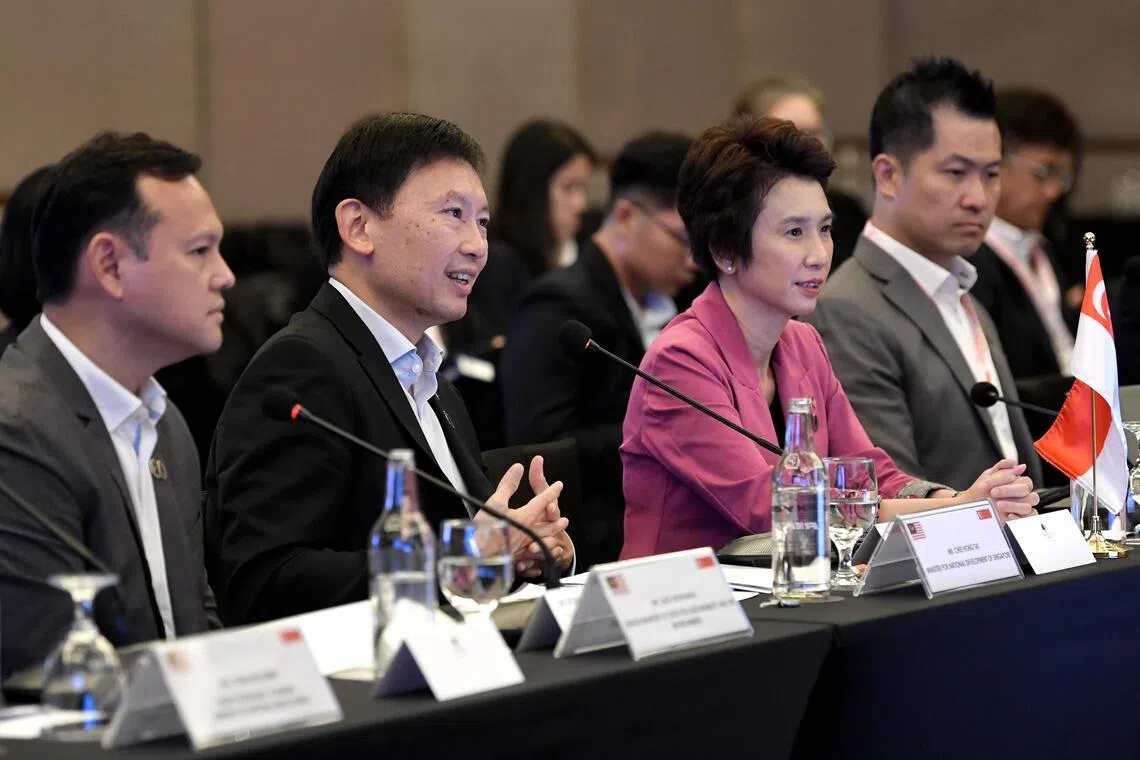SINGAPORE – Singapore and Malaysia have reaffirmed their commitment to ensuring that the institutional, regulatory and operational frameworks needed for the Johor-Singapore Special Economic Zone (JS-SEZ) are effectively put in place.
The two countries also noted ongoing progress towards ratification of the JS-SEZ agreement, according to a joint statement issued after ministers from both sides met at the 17th Malaysia-Singapore Joint Ministerial Committee for Iskandar Malaysia (JMCIM) on Nov 25.
The meeting, held at the DoubleTree by Hilton in Kuala Lumpur, was co-chaired by Singapore’s Minister for National Development Chee Hong Tat and Malaysia’s Economy Minister Amir Hamzah Azizan.
Progress made included the gazetting of Kulai as part of the Iskandar Malaysia business hub, which will facilitate the implementation of the JS-SEZ and further strengthen economic integration between both sides once the agreement takes effect, said the statement.
Kulai is one of nine flagship zones in the JS-SEZ, a landmark bilateral economic initiative that spans over 3,500 sq km, or nearly five times the size of Singapore.
Both sides highlighted the importance of maintaining strong bilateral relations as a key factor for the special economic zone’s success, and expressed satisfaction with the positive momentum of cooperation, the statement added.
At the meeting, the ministers were updated on progress made by the Joint Working Committee (JWC) tasked with operationalising the JS-SEZ.
The JWC continued to make steady headway across key workgroups, and the meeting noted that Malaysia is in the process of drafting the JS-SEZ’s blueprint and masterplan, which are being refined together with industry stakeholders.
Malaysia also highlighted its ongoing efforts to attract investments and enhance financing, promotion and market intelligence for the special economic zone, and reported progress in initiatives to improve the ease of doing business, talent development and mobility, as well as the movement of people and goods.







